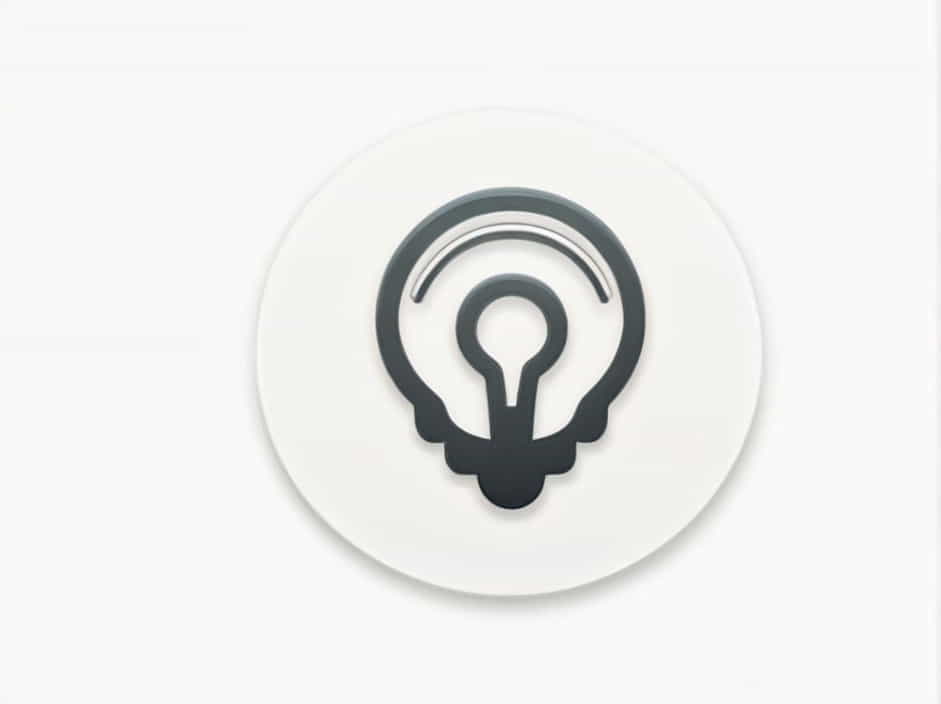Human decision-making and mental processing involve two fundamental aspects: cognition and volition. The Test of Cognition assesses intellectual abilities such as memory, reasoning, and problem-solving, while the Test of Volition evaluates a person’s ability to act with intention, willpower, and motivation.
Both tests play essential roles in psychology, neuroscience, and education. Understanding their differences and significance can provide insights into mental capacity, personal motivation, and behavioral patterns.
1. What Is a Test of Cognition?
A Test of Cognition measures an individual’s ability to process, analyze, and recall information. It evaluates various aspects of intelligence, learning, perception, and problem-solving.
1.1 Key Cognitive Abilities Measured
✔ Memory: Ability to store and recall information.
✔ Attention: Focus and concentration skills.
✔ Reasoning: Logical thinking and problem-solving.
✔ Language Skills: Understanding and using words effectively.
✔ Processing Speed: How quickly the brain processes information.
These cognitive abilities determine how well a person can understand concepts, make decisions, and adapt to new situations.
1.2 Common Cognitive Tests
Some well-known tests used to measure cognitive abilities include:
✔ IQ Tests (Intelligence Quotient): Assesses overall intelligence.
✔ Memory Tests: Evaluates short-term and long-term memory.
✔ Executive Function Tests: Measures decision-making and problem-solving.
✔ Attention Tests: Assesses focus and concentration abilities.
Cognitive tests are widely used in education, employment screening, clinical psychology, and medical diagnoses.
2. Importance of Cognitive Testing
2.1 In Education
✔ Helps identify learning disabilities.
✔ Assists teachers in tailoring instruction to students’ needs.
✔ Supports gifted education programs by recognizing high-potential students.
2.2 In the Workplace
✔ Used in job assessments to determine problem-solving and decision-making abilities.
✔ Helps employers understand employee strengths and weaknesses.
✔ Evaluates mental agility for complex tasks.
2.3 In Clinical Diagnosis
✔ Helps diagnose cognitive impairments like Alzheimer’s or dementia.
✔ Used in neuropsychology to assess brain injuries and disorders.
✔ Evaluates the effects of mental illnesses like depression or schizophrenia on thinking ability.
Cognitive testing is crucial for understanding intellectual strengths, weaknesses, and mental health conditions.
3. What Is a Test of Volition?
A Test of Volition measures an individual’s ability to act on their intentions, sustain motivation, and make choices based on personal willpower.
3.1 Key Aspects of Volition
✔ Motivation: The drive to start and complete a task.
✔ Self-Control: Resisting impulses and distractions.
✔ Decision-Making: Choosing based on values, goals, and priorities.
✔ Perseverance: Sticking to a goal despite obstacles.
✔ Autonomy: Acting independently without external pressure.
Volition is the mental force behind action, making it essential in fields like psychology, education, and leadership.
3.2 Common Volition Tests
✔ Self-Regulation Questionnaires: Measures a person’s ability to control impulses and stay focused.
✔ Motivation Scales: Assesses intrinsic (self-driven) vs. extrinsic (external rewards) motivation.
✔ Grit and Perseverance Tests: Evaluates how resilient and determined a person is.
✔ Decision-Making Assessments: Analyzes rational vs. emotional decision-making tendencies.
Volition tests are valuable in psychology, personal development, and leadership training.
4. Importance of Volition Testing
4.1 In Personal Development
✔ Helps individuals understand their motivation and self-discipline.
✔ Identifies areas where self-control needs improvement.
✔ Assists in setting realistic goals based on personal willpower.
4.2 In Education
✔ Determines students’ ability to stay motivated in school.
✔ Helps educators develop strategies to improve self-discipline in learners.
✔ Identifies students who struggle with procrastination or lack of perseverance.
4.3 In Leadership and Business
✔ Measures a leader’s ability to make firm decisions and stay motivated.
✔ Evaluates employees’ work ethic and commitment.
✔ Helps organizations identify future leaders with strong volition.
Volition is crucial for achieving personal and professional success.
5. The Relationship Between Cognition and Volition
5.1 How Cognition Influences Volition
✔ Problem-solving skills (cognition) affect decision-making (volition).
✔ Memory (cognition) helps in planning (volition).
✔ Attention (cognition) impacts focus and goal-setting (volition).
5.2 How Volition Influences Cognition
✔ Self-discipline (volition) improves learning (cognition).
✔ Motivation (volition) enhances memory retention (cognition).
✔ Perseverance (volition) helps overcome cognitive challenges.
Cognition and volition work together to shape human intelligence, behavior, and decision-making.
6. Challenges in Cognitive and Volition Testing
6.1 Cognitive Testing Limitations
✔ Some tests are biased toward specific cultures or educational backgrounds.
✔ Intelligence cannot be measured fully by a single test.
✔ Cognitive ability changes over time due to age, health, or stress.
6.2 Volition Testing Limitations
✔ Motivation is influenced by emotions and external factors.
✔ Some people may give socially desirable answers instead of honest ones.
✔ Willpower can fluctuate based on stress, fatigue, and environment.
Despite these challenges, both cognitive and volition tests provide valuable insights into human behavior and potential.
7. How to Improve Cognition and Volition
7.1 Boosting Cognitive Abilities
✔ Read and learn new skills to stimulate the brain.
✔ Practice problem-solving through puzzles and critical thinking exercises.
✔ Exercise regularly, as physical health impacts brain function.
✔ Get enough sleep, as rest improves memory and focus.
7.2 Strengthening Volition
✔ Set clear goals and create action plans.
✔ Practice self-discipline through small challenges.
✔ Surround yourself with motivated individuals for inspiration.
✔ Develop resilience by facing and overcoming obstacles.
Cognition and volition can be strengthened through continuous learning and self-improvement.
The Test of Cognition and the Test of Volition assess two fundamental aspects of human behavior: intelligence and willpower.
✔ Cognition focuses on how we think, remember, and solve problems.
✔ Volition focuses on how we act, stay motivated, and make decisions.
Both are essential for personal growth, education, leadership, and mental health. While no test can fully define intelligence or motivation, these assessments provide valuable insights into human potential. Understanding and improving both cognition and volition can lead to better decision-making, higher productivity, and greater success in life.
